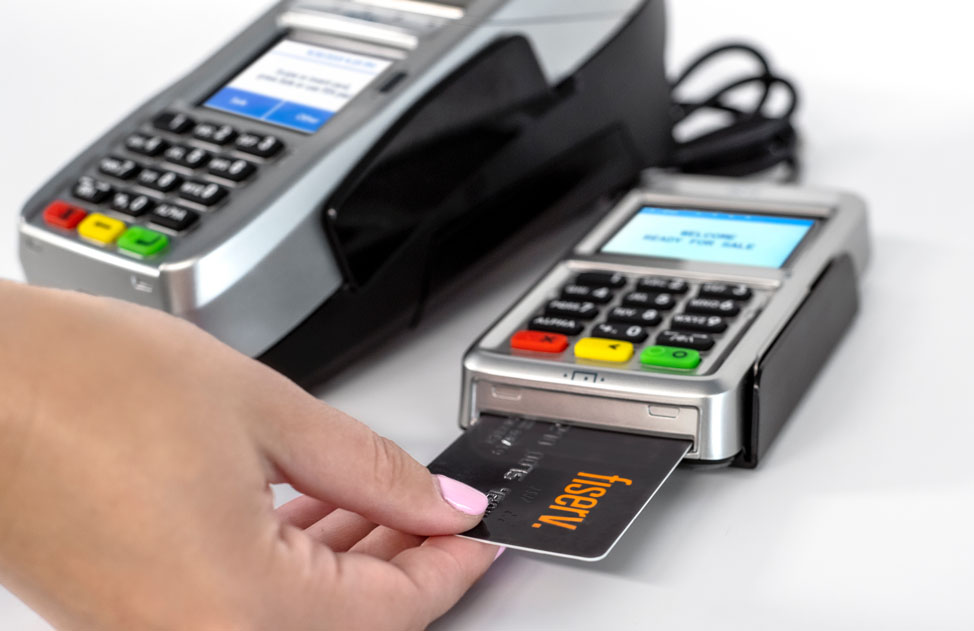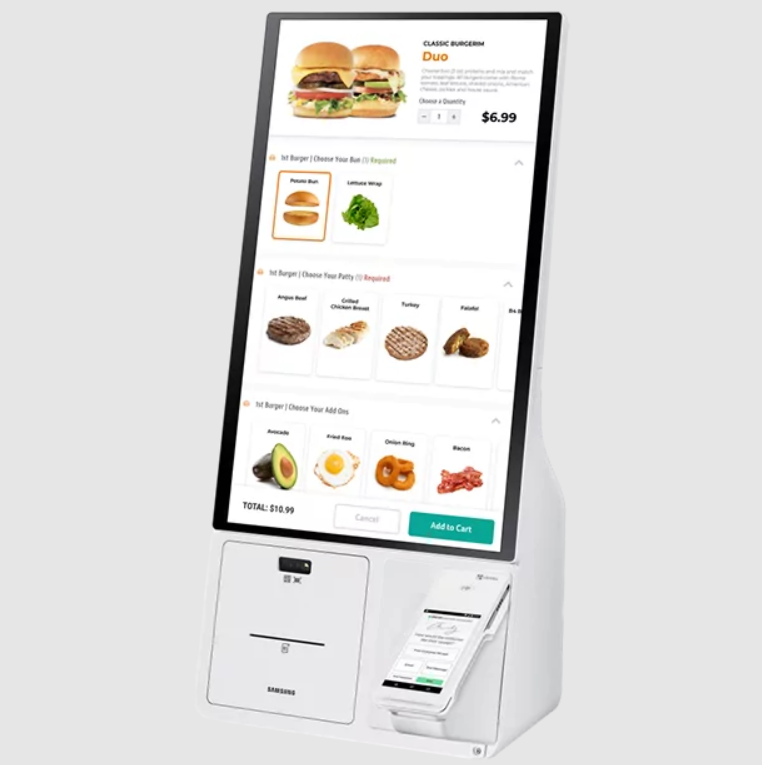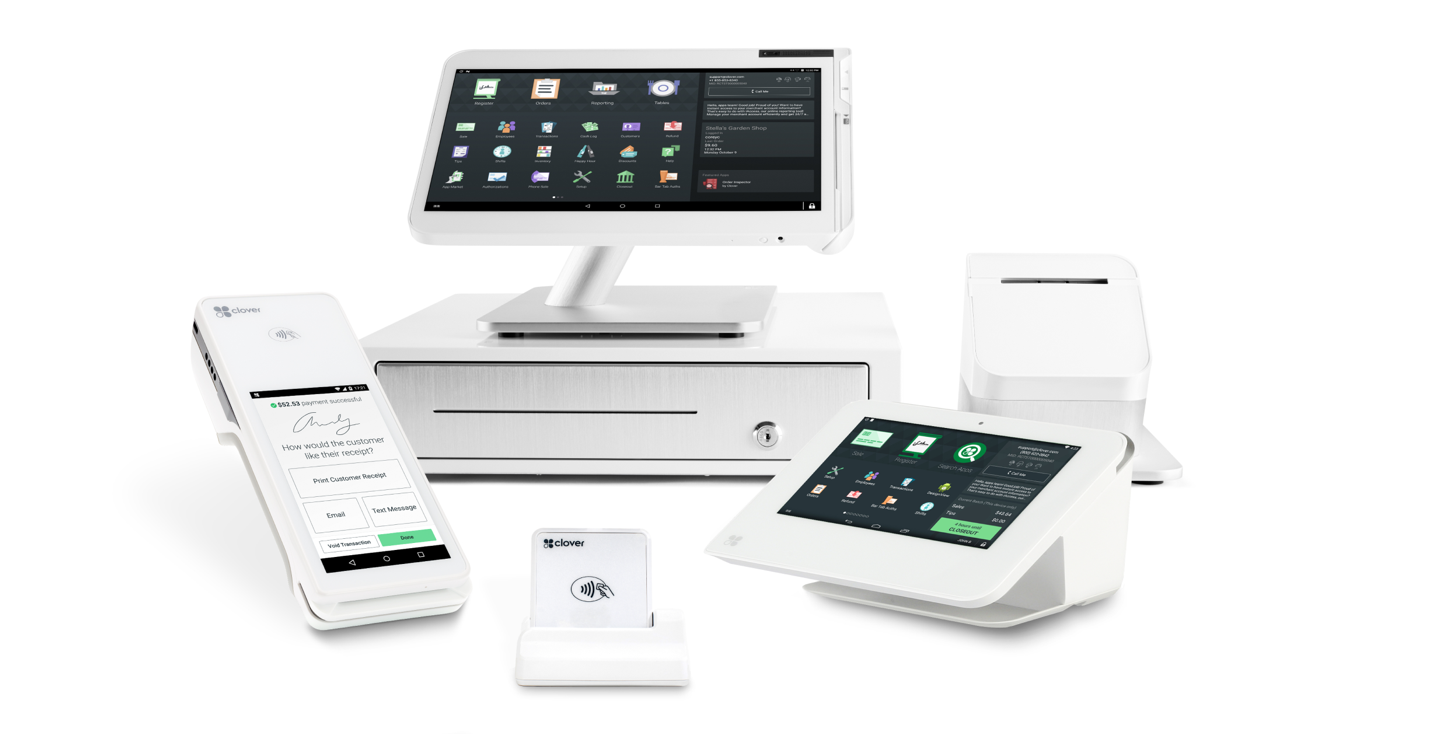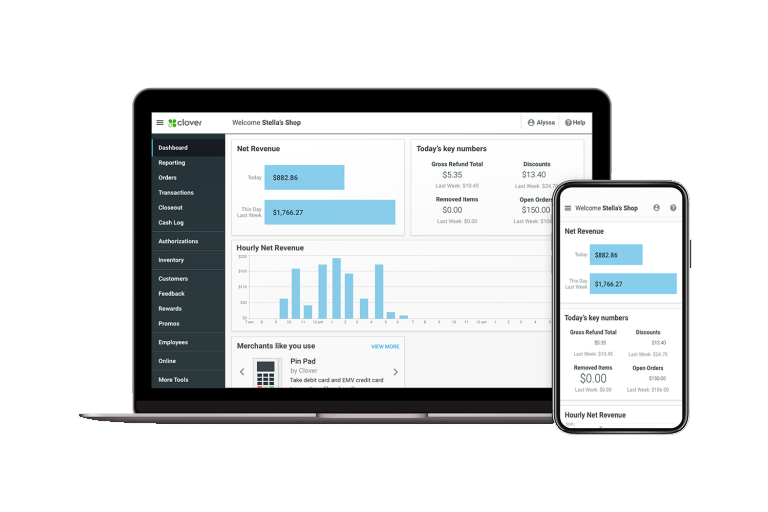Business owners, especially those who operate in the B2B space, are under a lot of pressure to accept credit cards. For the companies that they deal with, credit cards are the ideal way to manage employee expenses. Instead of having to keep detailed track of the transactions that they carry out, and hand in massive numbers of receipts at the end of each month for transactions handled with a mixture of cash, bank transfers and debit cards, it makes sense for companies to give senior employees a credit card and then allow them to use that as an ongoing account for day-to-day expenses.
Credit cards are ideal for B2B transactions, because Level 2 and 3 credit card transactions are carefully checked before authorization, and they include plenty of information about each transaction. This means that company account managers can confirm the details of each transaction in-depth, preventing employee fraud.
Cash is Too Difficult to Track.
According to The Credit Examiner, cash point of sale transactions account for just 27% of transactions today (this is including general consumer shopping) and they are expected to fall to account for just 23% of transactions by 2017. Cash is inconvenient, slow, and also has a psychological barrier to it that prevents spending. It’s much easier to say “Oh, it’s $20, I’ll expense it!” than it is to pull out one of the few remaining $20 bills in your wallet and hand it over.
Travel expenses account for 81% of credit card spending, and this is easy to understand – a lot of car rental and hotel companies will place a temporary hold on a credit card for potential damages, releasing the hold when the car is returned or the visitor checks out. Businesses provide their employees with cards for just that purpose.
The Cost of Processing Card Transactions
Many smaller B2B businesses are still reluctant to accept credit cards because of the perceived expense. While it’s true that processing consumer credit card transactions can be expensive, the fees for Level 2 and Level 3 transactions are lower. So why is it that, according to the Association for Financial Professionals’ electronic payments survey, only 50% of B2B companies were accepting credit cards for payments of any size as recently as 2007, and that number fell to 30% for big-ticket transactions? Well, the answer is partly in the margins.
What many companies don’t realize is that the cost of processing credit card transactions reduces as the level of verification required for the transaction increases. Yes, the margins on smaller cardholder not present transactions such as consumer catalogue purchases are thin, but for big-ticket B2B transactions where the address of the cardholder is verified and there are other processing precautions in place, the cost is lower. If you have a steady stream of customers and you promote credit cards as a payment method then you could save a lot of money doing this.
Taking Payments By Card is Easy
Business owners get a lot of benefit from using credit cards – including interest free revolving balances, easy transaction tracking and the insurance associated with the card itself. In the current, crowded marketplace you cannot afford to refuse to accept credit cards for business transactions. If you aren’t sure where to start with accepting B2B credit card payments, consider talking to an advisor from Higher Standards. This credit card payment processor will be happy to explain the different classes of transaction and the fee structure, and how you can choose the best payment methods for your business.








